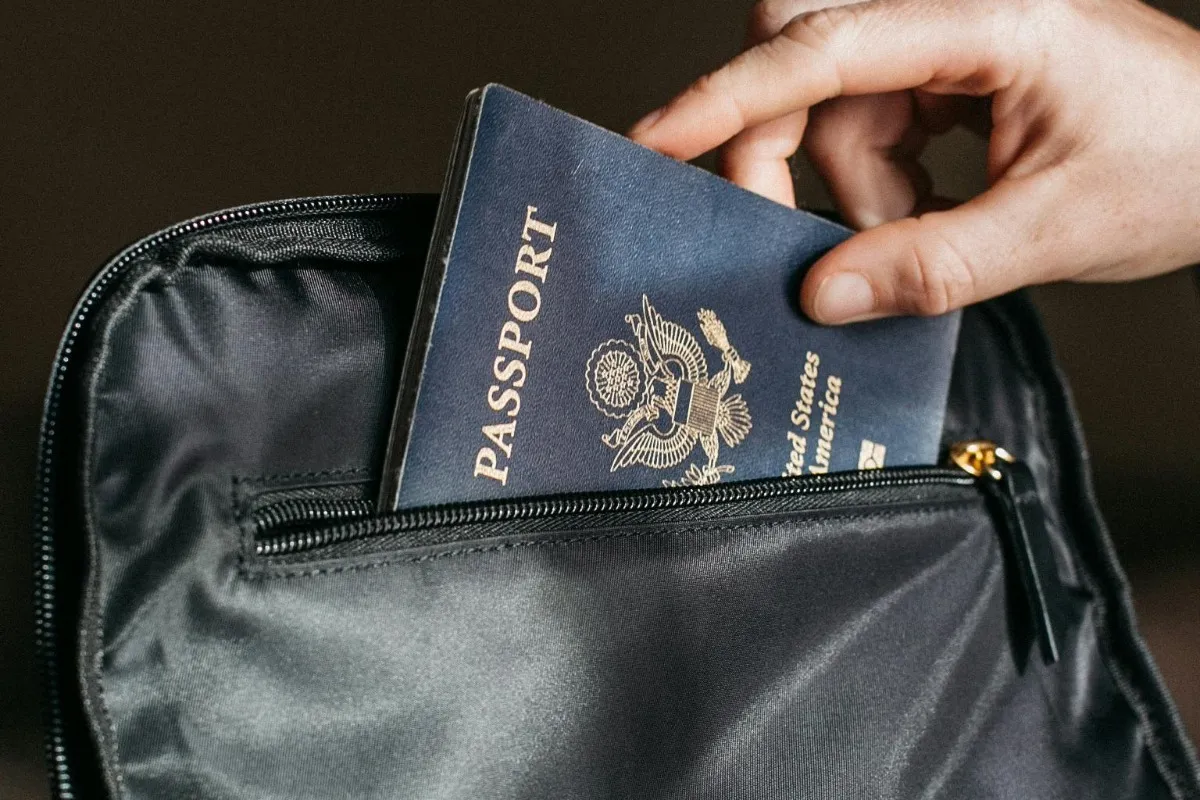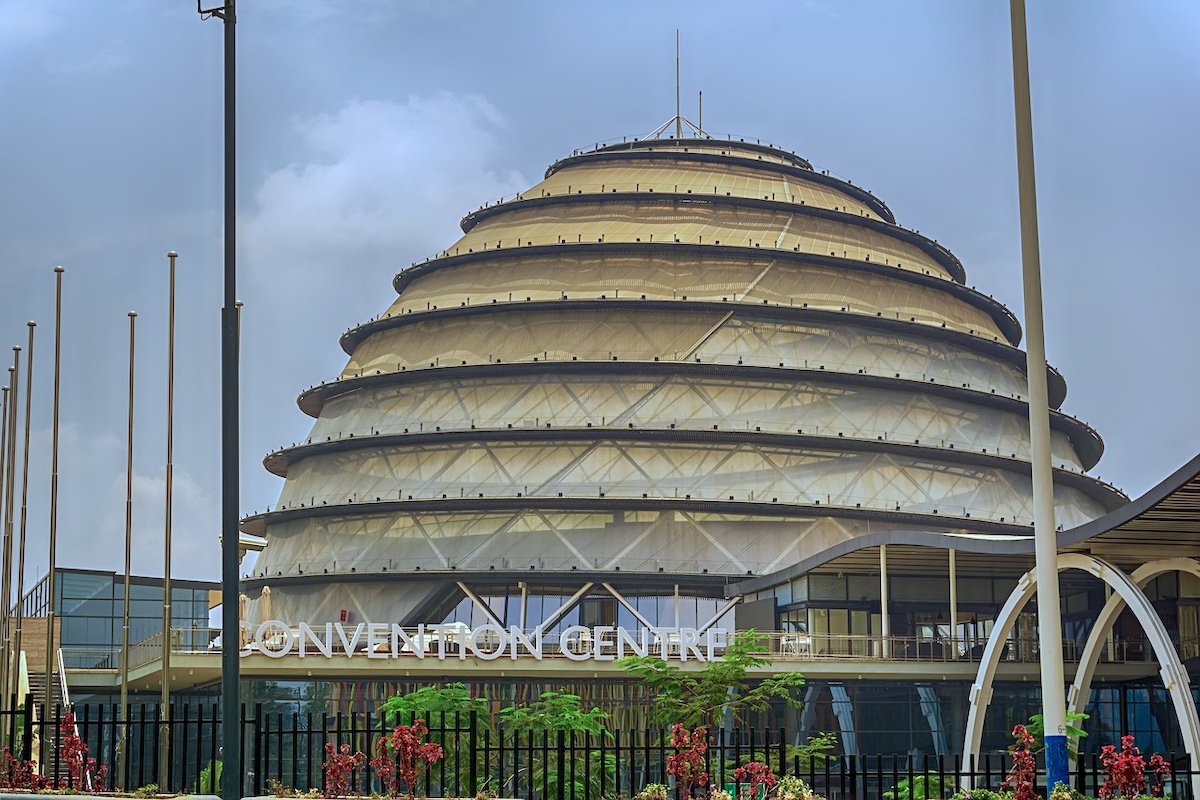The 2023 Global Industry Forecast and What It Means for Your Event Budget


Skift Take
For meeting planners and event managers globally, the biggest challenge now is to keep up with booming business while accounting for unpredictability and external market pressures. Demand is high and expected to fully rebound to 2019 levels in 2023, but rising inflation means that budgets will be stretched tighter than ever. Do planners need to increase their event budgets, or are there ways to cut costs without compromising on quality?
Being informed and prepared is half the battle, and global forecasts suggest that prices won’t be coming down anytime soon. Fortunately, there are strategies that can help you get the most bang for your buck.
We sat down with five experts from Hilton to learn about how much wiggle room there is in contract negotiations, where you can find cost savings on F&B, and how you can explain a new pricing structure to your finance department or third-party customers.
Setting Lead Times Is Increasingly About Balancing Risk
How far out ahead of the event should planners book their venues? Booking early provides the best chance of securing a top-choice destination at the best rate possible, but it also risks overbooking for an event that might not meet its attendance targets.
Continuing compression caused by delayed events from 2020 onwards, plus rapidly growing demand for off-site events and team retreats, means that if you’re targeting a top-tier destination in peak season, you’ll likely need a longer lead time to secure a deal than in years past. “In order to secure space, location is obviously the number one factor to consider,” says Chris Parkin, senior director for Hilton Worldwide Sales UK & Ireland. “There's high demand coming to hotels, especially in top-tier cities. Planners may be struggling to get space and sign contracts if they don’t book early.”
Jess Petitt, senior vice president, commercial strategy, insights & analytics for Hilton, advises to “plan and commit in advance as much as possible. While it may create a little bit of risk, that's the compromise that we all have to make.”
With that said, there are concrete steps that planners can take to keep their event on track for success.
Go Beyond Early-Bird Discounts
Recession fears and lingering concerns about COVID-19 mean that it’s difficult to predict attendance levels far in advance. To ensure the best possible chance of filling a space, event planners might consider offering incentives to attendees who reserve tickets well ahead of time. “If they register by a certain date, they might get a meet-and-greet with your keynote speaker. Sometimes hotels will even give a gift certificate [that you can pass on to attendees] as part of the negotiation,” says Cathy Diem, director of sales, financial and insurance for Hilton Worldwide Sales.
Pick a Hotel Partner With a Wide Geographic Spread
If you are willing to consider second-tier markets, you might actually be able to secure better deals closer to the event date. In fact, one event’s disappointing registration numbers might mean last-minute space availability for someone else. This is where it can be especially advantageous to partner with a hotel that has a global sales team, able to identify the locations ready to offer discounts for space that is likely to go unused without your business. “For short-term business, depending on seasonality, sometimes you can get the deal of a lifetime,” remarks Autumn Mullen, director of group sales, Hilton Orlando.
Make the Risks Work in Your Favor
When it comes to identifying the most budget-friendly season, factors to consider are the potential periods when travelers may be less likely to travel due to weather interruptions or COVID concerns. “In December, January, and early February, there’s a little bit less compression and maybe a little less rate pressure. The flip side is that everybody that might normally have met in these months is then trying to meet in the spring and early summer,” explains Petitt. Both pricing and availability are better in winter months. It may even be possible to negotiate reduced catering rates during these off-peak seasons.

Being Both Targeted and Flexible With RFPs Is More Important Than Ever
If you’re looking to secure the best deal, remember that flexibility runs both ways. The hotels know where they have rooms and meeting spaces that need to be filled, so they are better able to identify the best deals. If you’re open to a range of dates and offer to keep additional services in house, there’s almost always a way to get the job done.
Another consideration when building an RFP is to avoid what some term “RFP spam” — when a planner sends their RFP to multiple cities and multiple hotels leading to dozens of potential options. “When a busy hotel salesperson sees this they consider their odds of winning the business low. Given the influx of leads they are managing, your lead may not be a priority as they triage what’s in front of them and focus on the RFPs they have a better chance of winning,” said Gerilyn Horan, vice president, group sales & strategic accounts for Hilton.
Communicate Your Must-Haves and Decision Timeline Clearly
Above all, transparency and flexibility at the RFP stage is key. Hotel sales teams are handling an abundance of opportunities, so providing as much information about where you’re flexible — and where you’re not — is vital to a successful negotiation. “Are there contract clauses that your company requires? What’s the exact timeline you need to make your decision?” says Diem. It is vital to communicate how long your team will need to make a decision once an offer is made. One of the biggest shifts that hotels are experiencing is in the amount of time they have to maintain a hold.
The more clearly you communicate your needs during the selection process, the lower your chances are of missing out on a once-in-a-lifetime deal.
Clear communication with your salesperson can also open up opportunities that may otherwise be overlooked. “We're facilitating RFPs all day long,” says Beth Campion, director of sales, strategic account management, Hilton Worldwide Sales. “And so we may know a certain week is not available and can offer some alternatives, such as where cancellations in similar properties have opened up availability.“ Many hotels used the pandemic as an opportunity to renovate or build new properties, so you may have more exciting options than you realize.
Treat Your Event Needs as a Piece of the Larger Puzzle
When it comes to logistics, flexibility remains fundamental. Chris Parkin recommends reevaluating the setup of your event. “Could you consider a shorter window? Or using different spaces? Could you have a simpler set?” If you can set up your stage in three hours instead of 24, the room can suddenly become available for another group in the morning before your show begins.
For further price savings, communicate with suppliers to understand opportunities for reducing overhead costs. Can you coordinate your supply needs to match those of closely-timed events, and how might larger supply chain disruptions influence pricing and lead times? Once you understand these pain points, you can try to pivot with replacement options. For example, if another event just before yours is using digital signs, they might be more affordable than printed alternatives — particularly if local printers are hiking prices because they’re already overrun with orders. On the other hand, if the digital screens need to be transported across long distances, the fuel and shipping costs may make them more pricey.
Finally, lean into your RFP. If you’re asking for 100 percent of a hotel’s meeting space but only 50 percent of the guest rooms, your price is probably going to be higher than it would be if your meeting space, guest rooms, and F&B are all aligned. Don’t only ask what value the hotel can offer you, but also what value you can offer the hotel.

Dynamic Thinking Now Applies to Best Food & Beverage Deals
Average wholesale food prices have jumped a staggering 17.8 percent between April 2021 and April 2022. While this upward trend is expected to level off slightly in 2023, prices are still expected to rise roughly two-and-a-half to three-and-a-half percent in the U.S., and other regions are likely to face a sharper increase.
“Food costs are continuing to rise and will be more of a driver for groups and hotels alike to work together to reduce costs and waste,” says Petitt.
Consider Menu Matching
Menu matching, where hotels use similar menus or ingredients to other events being held in the same timeframe, can offer some relief. “If the customer is flexible in this way, it allows us to find efficiencies from production and purchasing all the way to service,” says Marc Cassier, corporate senior director, catering & events for Hilton. This approach is also good for sustainability, requiring less labor, creating less waste, and allowing chefs to use seasonal ingredients.
If you want to take advantage of this opportunity, it’s important to get your timing right. “These talks would typically happen much closer to the actual event, ideally in the 30 to 45 day range, but is dependent to some degree on the existing customers,” says Cassier.
Avoid Custom Requests
When menu matching isn’t an option, try to go with the hotel’s readymade menus, preferably with individual plating.
“When we provide menus or packages, we've carefully priced them out and have processes in place so that we can deliver at a reasonable cost. Customization creates additional purchasing costs and labor,” explains Cassier. Plated menus, where portions are carefully planned and standardized, offer more value and less waste compared to a buffet.
Sustainability & Community Impact Now Rank as Top Priorities
As group travel steadily gains ground, attendees are increasingly interested in making the most of the in-person experience they’ve been denied for so long.
Further, this demand is frequently aligned with a company’s sustainability goals. “A lot of our hotels now have on-property experiences that you can build into your event that are linked to ESG [environmental, social, and corporate governance]. In Amsterdam, you can do a team building event by cleaning up the canals,” says Parkin. In other words, creating value means more than just keeping prices down: It’s about building a memorable event that’s high on impact, too.
With the right strategy and a little creativity, it’s possible to provide your attendees with an outstanding experience while still keeping prices down.
“We are so blessed on property to see so many different event concepts executed,” says Mullen. “Lean in and talk to your hotel partners about unique activities that they're seeing and innovative solutions that they've been able to find — tap into that wealth of knowledge.”
For more information, reach out to your Hilton Worldwide Sales representative. Visit Events.Hilton.com to plan your next meeting or event with Hilton.
This content was created collaboratively by Hilton and Skift’s branded content studio, SkiftX.
About Hilton
Hilton (NYSE: HLT) is a leading global hospitality company with a portfolio of 18 world-class brands comprising 7,000 properties and 1.1 million rooms, in 122 countries and territories. Dedicated to fulfilling its founding vision to fill the earth with the light and warmth of hospitality, Hilton has welcomed more than 3 billion guests in its more than 100-year history, earned a top spot on Fortune's 100 Best Companies to Work For list and been recognized as a global leader on the Dow Jones Sustainability Indices for five consecutive years. Hilton has introduced several industry-leading technology enhancements to improve the guest experience, including Digital Key Share, automated complimentary room upgrades and the ability to book confirmed connecting rooms. Through the award-winning guest loyalty program Hilton Honors, the 139 million members who book directly with Hilton can earn Points for hotel stays and experiences money can't buy. With the free Hilton Honors app, guests can book their stay, select their room, check in, unlock their door with a Digital Key and check out, all from their smartphone. Visit stories.hilton.com for more information, and connect with Hilton on Facebook, Twitter, LinkedIn, Instagram and YouTube.
To stay up to date on the latest tips, resources and inspiration for your meeting planning needs, follow us on our Meeting, Event & Travel Planning LinkedIn and Instagram accounts.




